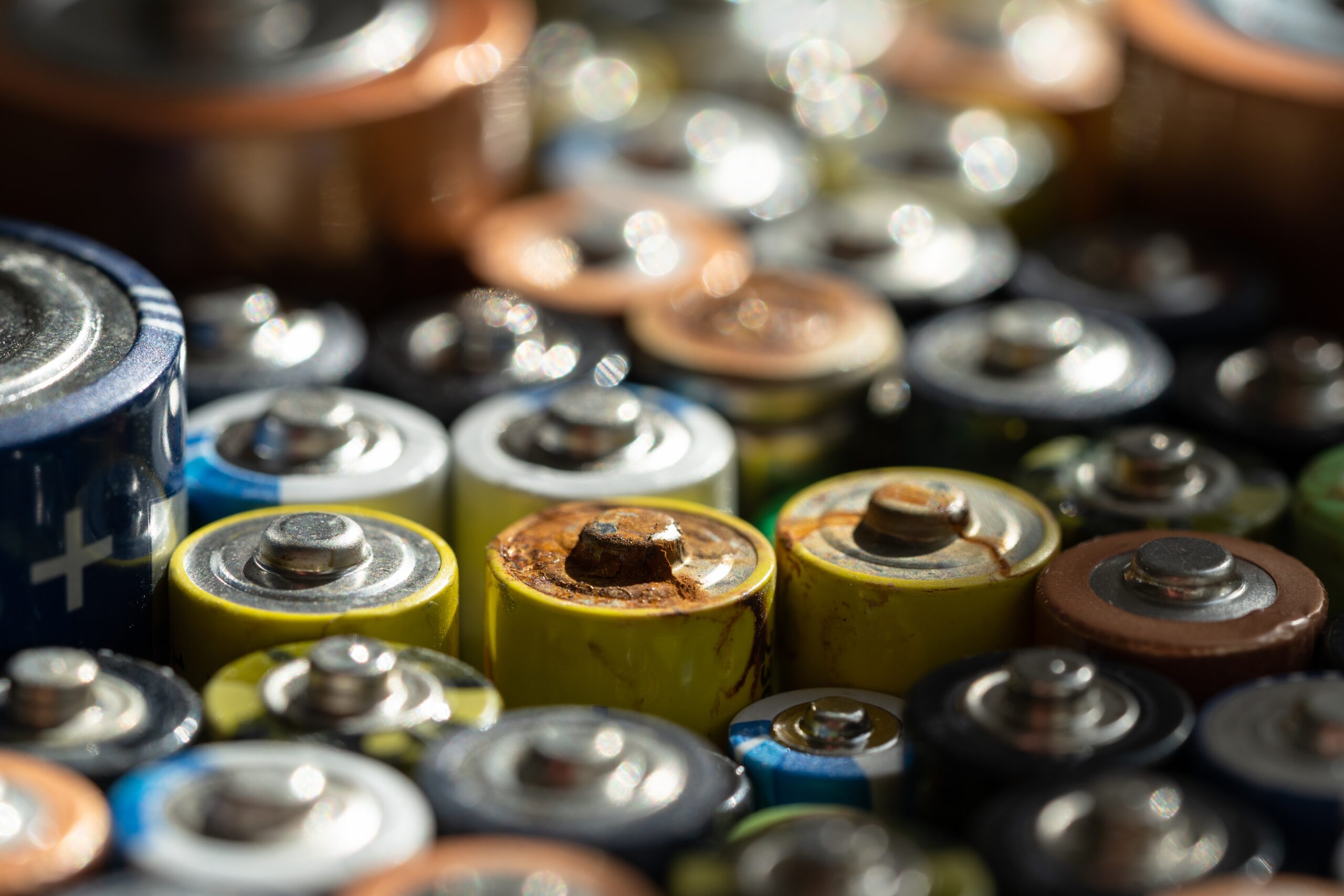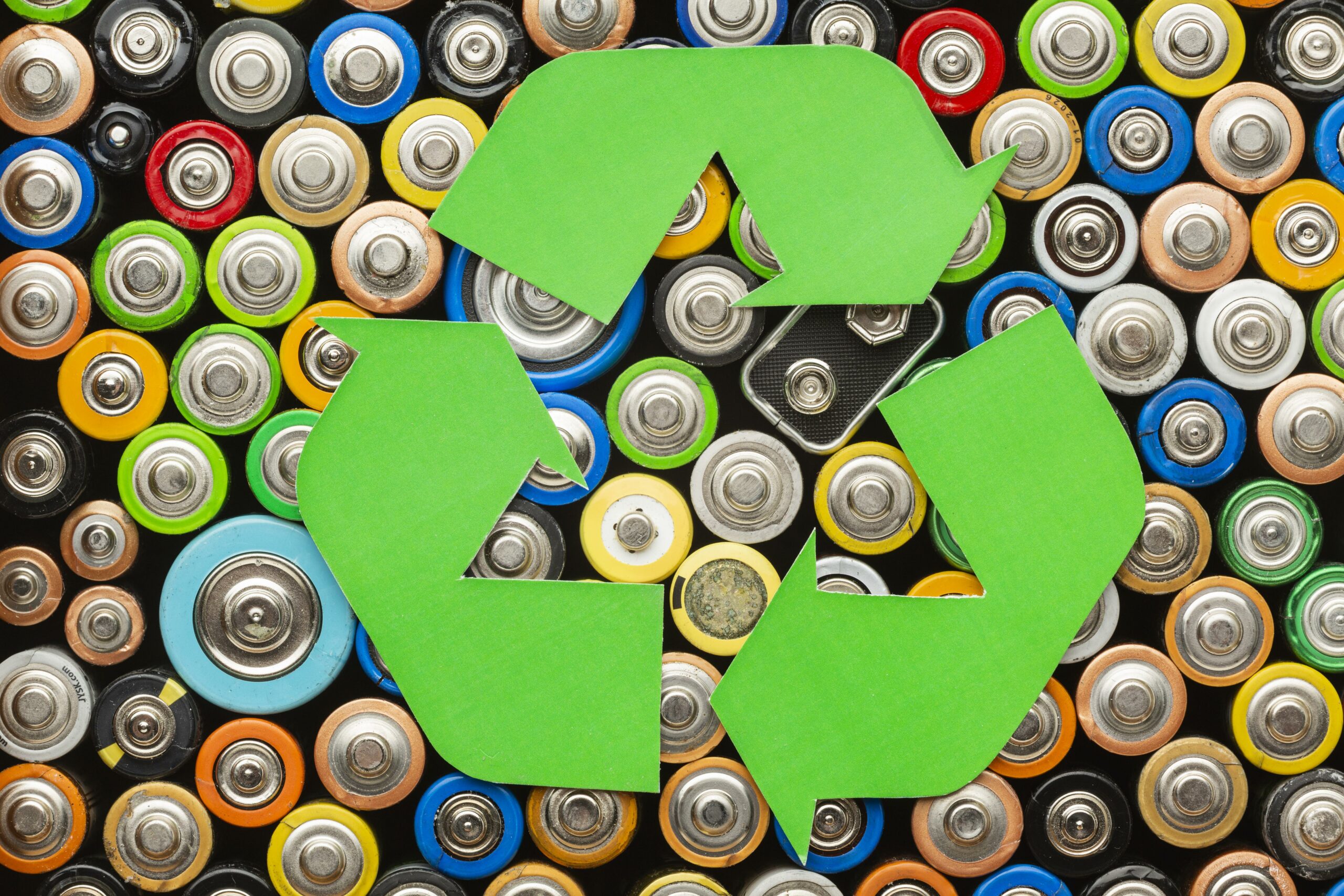
“The global market for lithium batteries reached nearly 250 GWh in 2020 and is predicted to increase 10 times more by 2030.” (source)
That’s where we come in.
We want to explain why battery recycling is so important, especially in and around Melbourne.
So, let’s dive in…
Can batteries be recycled?
Absolutely, yes!
“If recycled, 95% of the components of a battery can be turned into new batteries or used in other industries” (source)
Can I throw my batteries in the bin?
Batteries certainly range in size from teeny-tiny to large enough to power a car. And it might be tempting to dump those tiny ones in the bin.
But – DON’T.
It’s illegal. Victoria outlawed binning your batteries in July 2019, meaning they can’t go into general waste and shouldn’t end up in a landfill. They’re considered e-waste.
But it’s not only illegal, it’s:
- Wasteful
- Dangerous (as batteries leak toxins)
- Adds to unnecessary landfill

Why recycling batteries is so crucial for Melbourne
“Battery waste could exceed 100,000 tonnes by 2036. “ (source)
The Victorian State government has emphasised the importance of growing a circular economy of manufacture – use – recycle. It helps to conserve raw materials and reduce landfills, and e-waste has been a part of that program.
“A circular economy aims to reduce the environmental impacts of production and consumption by avoiding waste, and reusing or recycling materials.” (source)
Where Can I Recycle My Batteries?
All over the place. But, as experts in recycling, bring them to us! We accept all battery waste.
We have a number of branches available:
- Laverton North
- Reservoir
- Dandenong South
- Bayswater North
- Bendigo
As a company offering battery recycling services in Victoria, we recognise the critical need to address battery waste. Battery recycling is not just an environmental imperative; it’s a necessity. Batteries contain precious metals like lithium, cobalt, and nickel, which are not only harmful to the environment when discarded improperly but also valuable resources that can be recovered and reused.
Remember – Potentially, 95% of battery components can be recovered for alternative use.
At Norstar, through our recycling efforts, we aim to mitigate the environmental impact of battery waste while contributing to a circular economy. By recovering these precious metals and other materials, we’re not only reducing the need for mining new raw materials but also providing a more sustainable solution for battery manufacturing.
